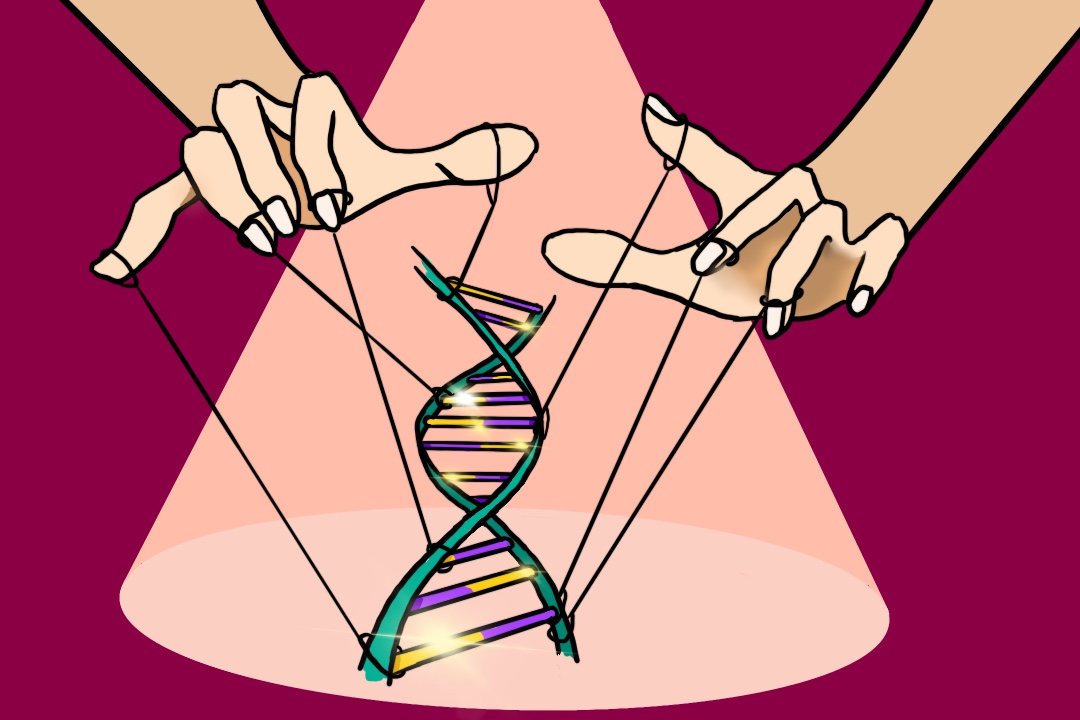The Ethical Considerations of Gene Editing Technology

Gene editing technology, particularly techniques such as CRISPR-Cas9, raises several ethical considerations and concerns due to its potential implications for human health, reproduction, and the environment. Here are some of the key ethical considerations of gene editing technology:
-
Safety and Efficacy:
- Ethical concerns arise regarding the safety and efficacy of gene editing techniques, as unintended off-target mutations or genetic alterations could lead to adverse health effects, including unforeseen genetic disorders or unintended consequences for future generations.
-
Informed Consent and Autonomy:
- Ethical principles of informed consent and individual autonomy require transparent communication, shared decision-making, and respect for the rights and preferences of individuals undergoing gene editing procedures, particularly in clinical research or therapeutic applications involving human subjects.
-
Germline Editing and Heritable Changes:
- Germline editing, which involves modifying the genetic material of embryos, sperm, or eggs, raises ethical concerns about heritable changes to the human genome and the potential for altering the traits and characteristics of future generations without their consent.
-
Eugenics and Genetic Enhancement:
- Ethical debates surrounding gene editing technology often center on concerns about eugenics, genetic determinism, and the ethical implications of using genetic interventions to enhance or select for desired traits, such as intelligence, physical appearance, or athletic ability.
-
Equity and Access:
- Ethical considerations of equity and access raise questions about the distribution, affordability, and accessibility of gene editing technologies and therapies, particularly in the context of disparities in healthcare access, socioeconomic status, and global health inequities.
-
Regulatory Oversight and Governance:
- Ethical governance and regulatory oversight are essential for ensuring responsible use, oversight, and accountability of gene editing technologies, including establishing guidelines, standards, and regulatory frameworks to address safety, efficacy, and ethical considerations.
-
Dual-Use and Security Risks:
- Ethical concerns surrounding dual-use applications of gene editing technologies highlight the potential for malicious or unintended uses, such as bioweapons development, biosecurity threats, or unintended environmental consequences, necessitating responsible stewardship, risk assessment, and biosecurity measures.
-
Cultural and Religious Perspectives:
- Ethical perspectives on gene editing vary across cultural, religious, and philosophical traditions, with differing views on the sanctity of life, human dignity, and the moral permissibility of genetic interventions, shaping public discourse and policy debates on gene editing ethics.
-
Environmental and Ecological Impacts:
- Ethical considerations extend to the environmental and ecological impacts of gene editing technologies, including concerns about unintended consequences for ecosystems, biodiversity, and natural genetic diversity, requiring precautionary principles and environmental risk assessments.
Addressing these ethical considerations requires multidisciplinary collaboration, ethical deliberation, stakeholder engagement, and public dialogue to navigate the complex ethical, social, and policy dimensions of gene editing technology and ensure its responsible and ethical use in alignment with societal values, ethical principles, and human rights.
Thank you,
